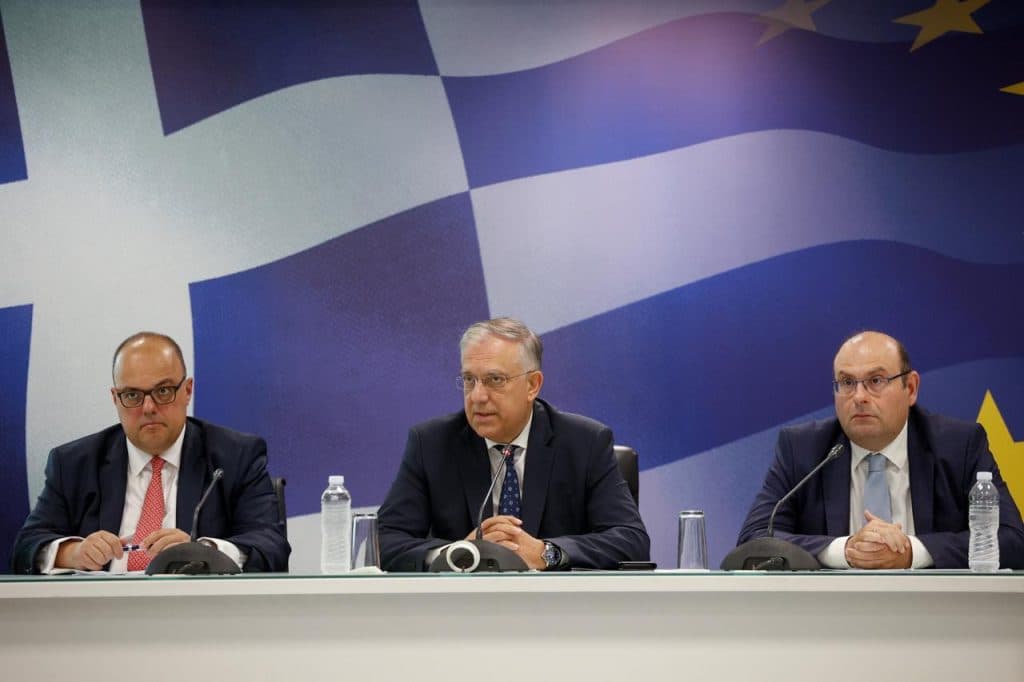Greek chips at the heart of innovation

On 1 June 2025, Greece launched the Hellenic Chips Competence Centre (HCCC), its first national semiconductor centre, as part of the EU’s “Chips for Europe” initiative. Formed through a partnership between HETiA, the Ministry of Development, and the European Chips Joint Undertaking, HCCC aims to boost Europe’s technological autonomy. It joins 29 other centres across Europe and symbolizes Greece’s entry into the strategic landscape of microchip innovation and production. Semiconductors, vital to critical infrastructure and modern digital devices, are now central to Europe’s push for sovereignty in high-tech manufacturing.
The COVID-19 pandemic exposed global vulnerabilities in chip supply chains, particularly Europe’s reliance on Asian manufacturers. In response, the European Chips Act was adopted in 2023 to promote local production and resilience. HCCC supports this mission by bridging Greek research institutions and industry to develop a national strategy for semiconductor advancement. It focuses on smaller-scale, specialized applications, where Greece can capitalize on existing know-how and talent, establishing itself as a technology hub in the Southeastern Mediterranean.
Operating with a €7 million budget—equally funded by national and EU sources—HCCC is a non-profit consortium involving HETiA and prominent research centres like Demokritos, FORTH, and CERTH. Its goals include fostering innovation, supporting SMEs and start-ups, transferring technical expertise, training specialized personnel, and building infrastructure for chip design and testing. HCCC’s first initiatives will be showcased at the HETiA Emerging Tech Forum on 11 December 2025, highlighting its role in transforming Greece’s digital and industrial future.
Press release: https://hccc.org.gr/greek-chips-at-the-heart-of-innovation/

aCCCess has received funding from the European Union’s Digital Europe Chips JU under Grant Agreement No 101217840.
Funded by the European Union. Views and opinions expressed are however those of the author(s) only and do not necessarily reflect those of the European Union or [name of the granting authority]. Neither the European Union nor the granting authority can be held responsible for them.